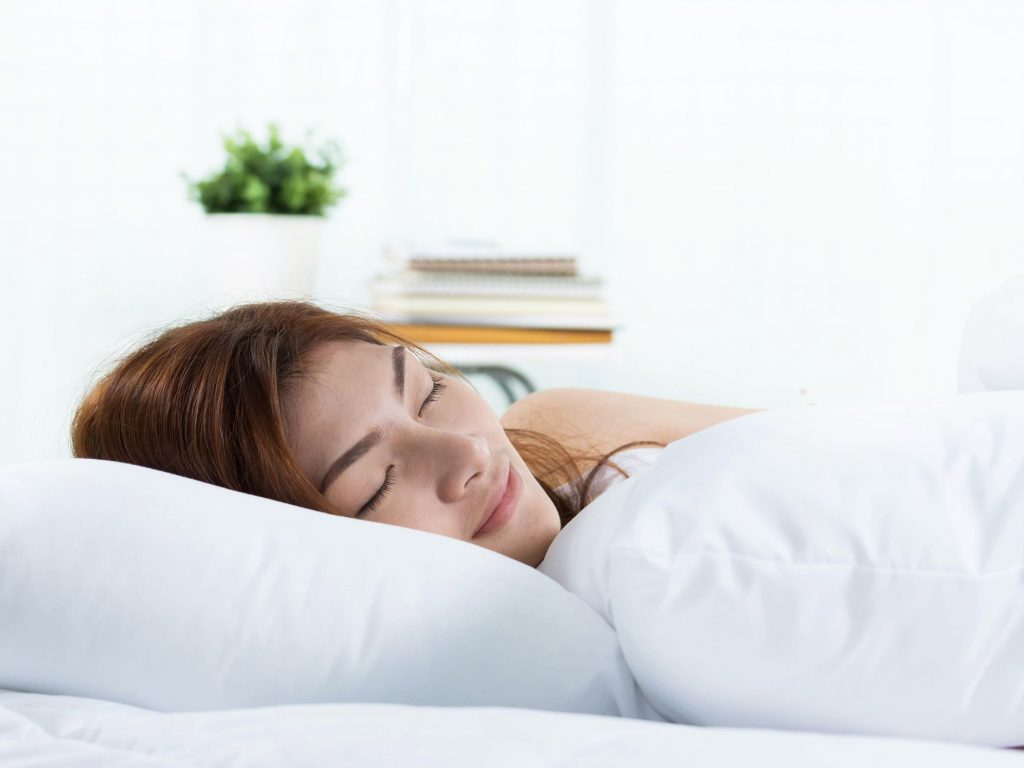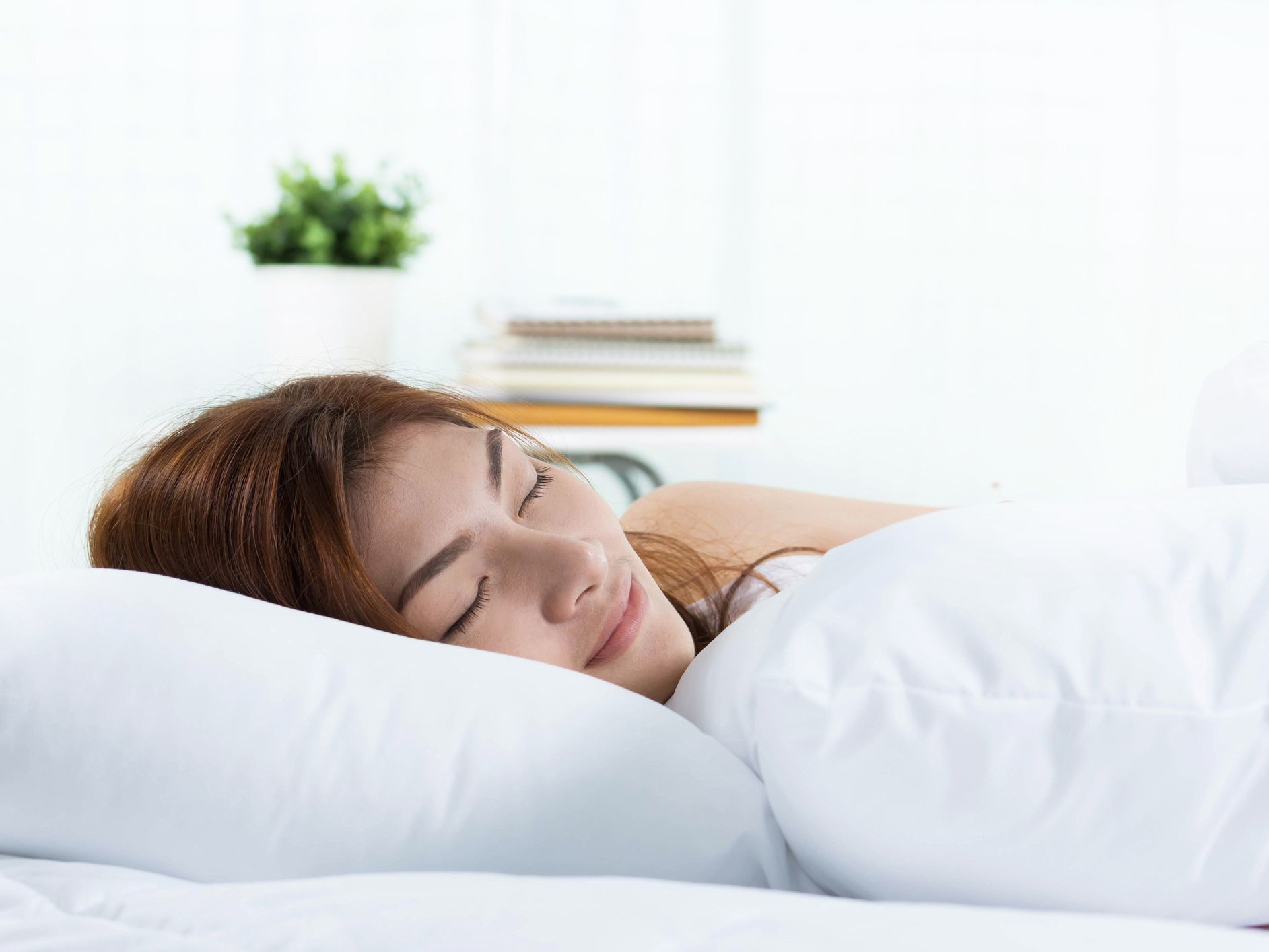
Sleep is essential for maintaining one’s health. When your body can’t get enough rest, it becomes incredibly exhausted, making it challenging to concentrate and work. This is a tremendous time-waster, particularly if you have to work all day.
Being unable to sleep may be aggravating and have long-term effects. On the other hand, individuals may learn to fall asleep quicker by using some basic, natural techniques and methods. Specific natural ways, like maintaining a regular bedtime routine, limiting technology before sleeping, reading books before bedtime, taking moderate exercise throughout the day, and adapting mindfulness meditation, might be beneficial. Here are nine tips to help you sleep better. Check out metarelax review.
- Establish a Regular Sleeping Pattern.
Many individuals have the pattern of going to bed at various times every night. But, since this disrupts the body’s sleep cycle, these irregular sleeping habits may affect sleep. The sleep pattern refers to a set of behavioral, physiological, and mental changes that occur on a 24-hour cycle. The essential role is to assess whether or not the body is ready for bed.
Moreover, a circadian rhythm, which produces hormones to promote sleep and wakefulness, substantially impacts this. Getting to bed at the same time each evening assists the body clock in predicting when to stimulate sleep.
- Have a Comfortable Mattress.
If your mattress is making you uncomfortable, regardless of how well you set the surroundings, you will still find it challenging to obtain a good night’s sleep. To be in line with your body and its desires, it is essential to purchase a good mattress. This is relevant for everyone, but it is especially true for heavier individuals who require more from their beds.
There is mattress for heavy people in the market these days. You may choose which one appeals to you the most.
- Have Some Exercise Throughout the Day.
Physical activity has been shown to improve sleep quality. According to a study, 305 persons over the age of 40 with sleeping problems indicated that moderate and high-intensity exercise regimens improved sleep quality. The research also discovered that people used their sleep medicine less often when they participate in a fitness routine. However, it is presently unknown if exercising at various times of day affects sleep.
- Minimize Drinking Coffee.
Coffee has been shown to reduce your body’s capability to fall asleep drastically. It can stay in your body for up to 10 hours after drinking, with some individuals storing more than others. Every person’s body is different; while some may experience less or light sleep due to doses of coffee, others may not be impacted.
Whilst still you may not be able to abandon your coffee a day, avoid caffeine-containing beverages at least four hours before going to bed. This timeframe makes it possible for your body to produce adequate melatonin (your sleep hormone) without being hampered by coffee’s side effects.
- Alter Your Dietary Habits.
What a person eats, especially in the evening, may affect how well they sleep. Eating a lot of food at dinner within 1 hour of heading to bed, for example, may hinder a person’s capacity to sleep. Also, a meal may require approximately two to three hours to digest. Lying down at this time might induce pain or nausea and slow the digestion process in some individuals. Before laying down, it is advisable to give the body ample time to digest food.
- Get a Set of Books to Read.
Reading books may be soothing and help avoid problematic thinking patterns that might disrupt sleep. Nonetheless, it is advisable to prevent literature that may elicit strong emotional reactions. Also, light-emitting electronic gadgets, like tablets and phones, might disrupt your sleep routine.
- Take a Bath Before Going to Bed.
Cooling your body with a bath one or two hours before night may assist you to fall and stay asleep quicker. Human bodies work in such a manner that a more significant body temperature (particularly in the hands and legs) causes the sleep cycle to begin. Moreover, the body’s core temperature declines two to three hours into the stage of sleep. This temperature management mechanism is critical for sleeping since it is during this period that the body’s sleep hormone circulates in more significant amounts.
- Consider a Natural Sleep Aid.
Several herbs or vegetable juices may have biochemical properties that promote prolonged sleep without interfering with the body’s regular metabolism. The following are some viable choices.
- Valerian is a plant-derived from the root of a perennial flower. It is classed as a nutritional supplement and is accessible without a prescription. Valerian may put you to sleep longer, providing you with a deeper and more peaceful night’s sleep.
- Juice of tart cherries. Cherries have melatonin, which helps your body maintain its sleeping pattern and enables you to sleep for extended periods. Cherries also include tryptophan, a chemical that shortens the time it takes to fall asleep, allowing you to sleep quicker. Moreover, cherry extracts are widely accessible in supermarkets; they may be consumed as supplements or juice.
- Chamomile Tea. This is a good option if you want a warm beverage. It is a medicinal herb, and it is recognized that drinking chamomile tea before night increases sleep quality.
9. Avoid Sleeping During the Daytime.
Sleeping during the daytime, especially those lasting more than two hours, may disturb the circadian rhythm. According to research, students who slept for more than two hours during the daytime had inferior sleep quality than their classmates who did not sleep. It’s nice to have a long nap after a bad night’s sleep. However, avoid doing so since it might disrupt a healthy sleep pattern.
Better sleep is the most excellent approach to guarantee that the body and mind receive the relaxation they require. Following the nine tips listed above may boost your chances of falling asleep without using any sleeping pills.
